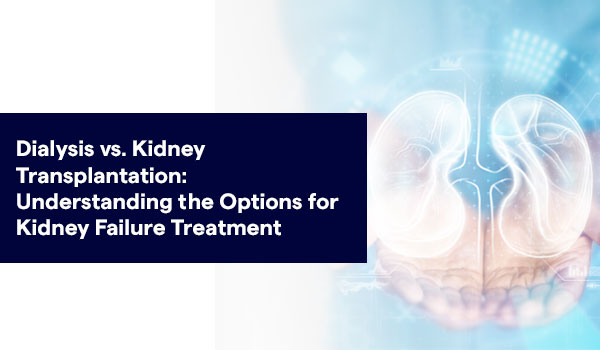
Kidney disease symptoms can vary depending on the severity and the stage of the disease. In the early stages, patients may not experience any symptoms. However, as the disease progresses, the symptoms become more apparent. Some kidney disease symptoms include fatigue, weakness, decreased appetite, muscle cramps, swelling in the hands and feet, and trouble sleeping. Patients may also experience frequent urination, especially at night, and decreased urine output. In addition, patients may notice that their urine is foamy or contains blood. As the disease progresses, patients may also experience high blood pressure, anemia, and bone disease. It is important to note that other conditions can also cause these kidney disease symptoms. Early diagnosis and treatment are key to managing kidney disease and preventing further kidney damage.
In severe cases where the kidneys are no longer able to function properly, patients may need to consider treatment options such as dialysis or kidney transplantation.
Dialysis is a medical procedure that serves as a replacement for some of the kidney's functions. It is typically recommended for patients with end-stage renal disease (ESRD). In 2021, there are approximately 229,000 new cases of end-stage renal disease (ESRD) in India every year, leading to a significant demand for dialysis services. Dialysis is an effective treatment option that helps patients manage their kidney failure. The success rates of dialysis in improving quality of life and extending survival vary depending on individual health conditions, treatment, and the type of dialysis used (hemodialysis or peritoneal dialysis).
Dialysis removes waste, salt, and extra water from the body when the kidneys no longer perform these functions adequately. There are two main types of dialysis: hemodialysis and peritoneal dialysis. Hemodialysis involves using a machine to filter the blood, typically done three times a week in a dialysis center. Peritoneal dialysis involves using the lining of the abdomen to filter the blood, which can be done at home. While dialysis can be life-saving, there are risks and potential complications, such as infection, changes in blood pressure, and anemia. Patients must know these risks and work closely with their healthcare providers to manage them effectively.
Kidney transplantation is considered the treatment for end-stage renal disease, providing the best long-term outcomes and quality of life for patients.
A healthy kidney from a living or deceased donor is surgically implanted into the recipient's body during a kidney transplant surgery. The new kidney will then take over the functions of the failed kidneys, allowing the patient to live a more normal life without the need for dialysis.
The number of kidney transplants in India has been steadily increasing, with around 5,000 kidney transplants being performed annually. Kidney transplantation offers the best long-term outcomes and quality of life for eligible patients with end-stage renal disease. According to data from the Global Observatory on Donation and Transplantation, kidney transplantation's success rates are generally high. The data shows that kidney transplant is associated with a high success rate, with around 90% of kidney transplant recipients experiencing improved kidney function and quality of life post-transplant.
Kidney transplant involves an extensive evaluation of potential recipients to ensure they are suitable candidates for the surgery. This evaluation includes assessing the patient's overall health, compatibility with potential donors, and psychological readiness for the procedure. The surgery itself involves transplanting the donated kidney into the recipient's body through a surgical procedure.
Post-transplant care is crucial to ensure the success of the transplant, including taking immunosuppressant medications to prevent rejection and regular follow-up appointments with healthcare providers.
While kidney transplant offers many benefits, there are risks and potential complications associated with the surgery and the use of immunosuppressant medications. These may include infection, rejection of the transplanted kidney, and side effects from the medications. Patients considering kidney transplantation should discuss these risks with their healthcare providers to make an informed decision.
Both dialysis and kidney transplantation involve high costs. Dialysis costs can vary depending on the type of dialysis and where it is performed. In contrast, kidney transplantation costs include pre-transplant evaluations, surgery, post-transplant care, and lifelong immunosuppressant medications.
When deciding between dialysis and kidney transplantation, it is important to consider each option's success rates, treatment processes, risks, and financial aspects.
If you are seeking more information about kidney transplants or dialysis and require medical assistance, connect with the best nephrology hospital in India, Sir Ganga Ram Hospital is a reliable option. The hospital is a multi-specialty hospital located in New Delhi, India, and is known for its quality healthcare services. The hospital provides a range of services, including diagnostic tests, surgeries, medical treatments, and consultations with experienced doctors and specialists.
To obtain more information, book an appointment at Sir Ganga Ram Hospital. Once you book an appointment, you can expect to receive personalized attention and care from the hospital's medical staff. The hospital has a team of highly qualified doctors and medical professionals who have years of experience in their respective fields.
To know more, book an appointment today.